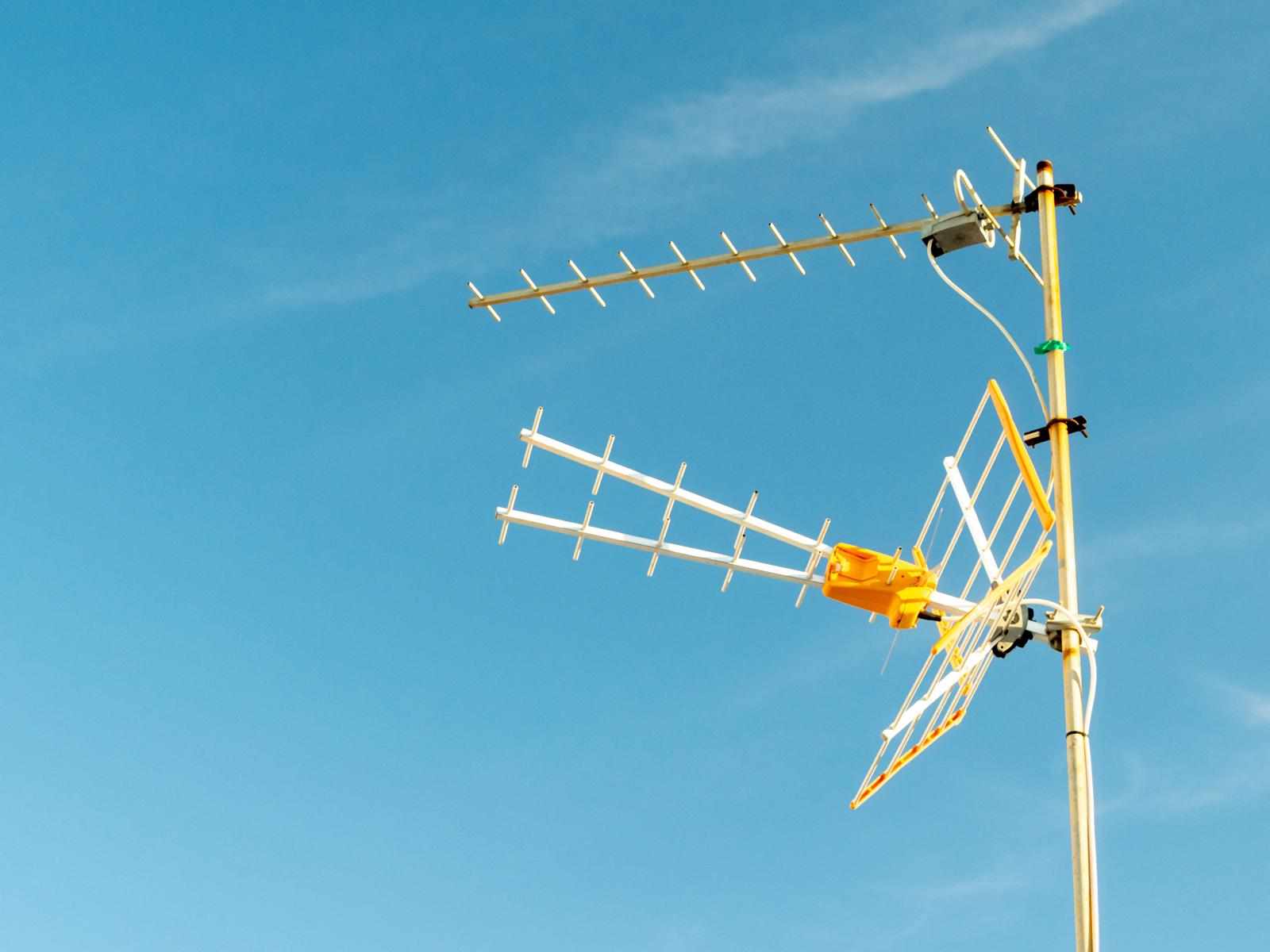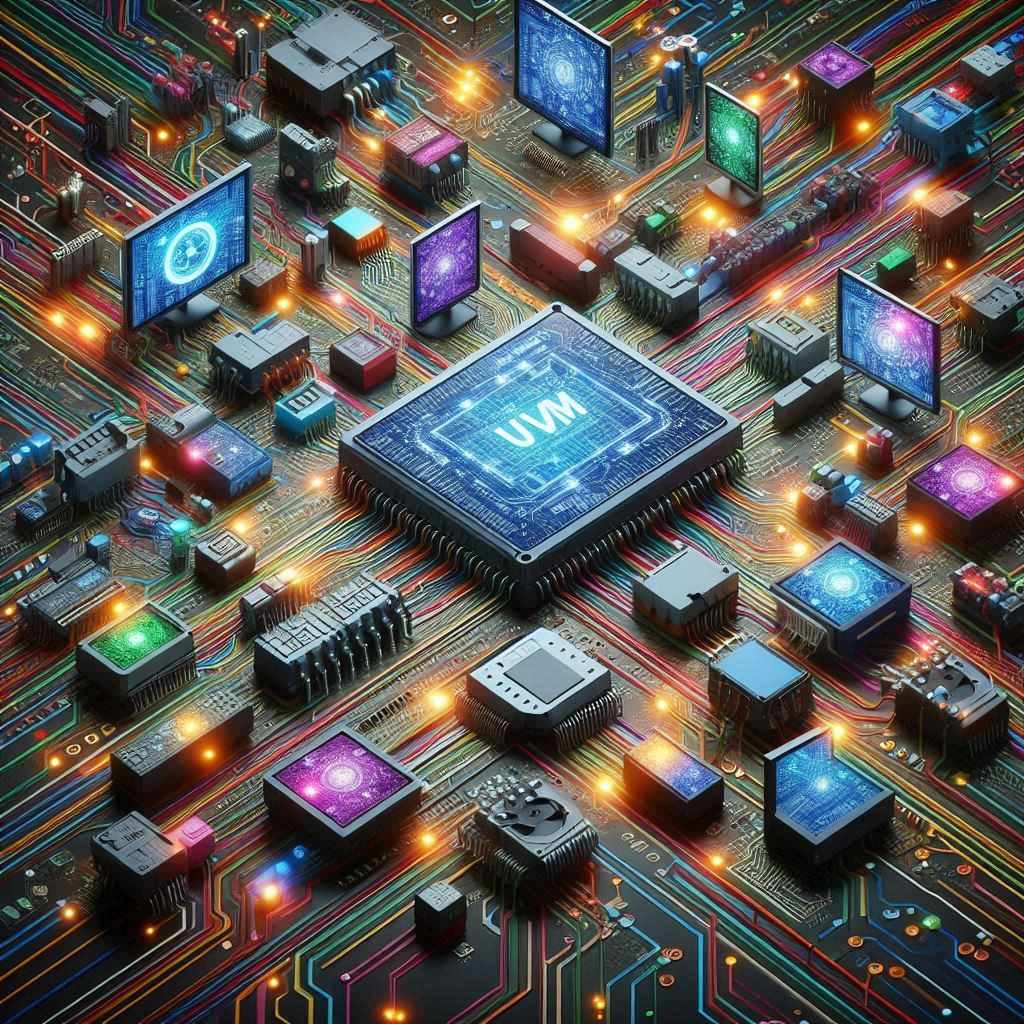
In today’s digital world, data centers and high-performance computing (HPC) systems are at the heart of the global economy. These systems power everything from cloud services to artificial intelligence (AI) and big data analytics. As the demand for faster processing and more reliable communication grows, ensuring the proper functioning of these systems has become more critical. One of the key factors influencing performance is signal integrity, which refers to the quality of the electrical signals being transmitted through a system.
What is Signal Integrity?
Signal integrity refers to the ability of an electrical signal to travel through a system without degradation. When signals move through circuits, they can suffer from issues like noise, distortion, and interference, which can cause errors or system failures. In data centers and high-performance computing systems, where vast amounts of data are processed every second, maintaining the quality of these signals is essential for optimal performance.
In simple terms, if a signal is weak or disrupted, the system might not be able to process data correctly, leading to performance issues, crashes, or even hardware failures. This is where signal & power integrity plays a significant role.
Why Signal Integrity Matters
High-Speed Data Processing
Data centers and HPC systems often process massive amounts of data at high speeds. To handle these operations smoothly, components such as processors, memory units, and storage devices need to communicate quickly and efficiently. However, as data speeds increase, the risk of signal degradation also rises.
At higher frequencies, signals can become more vulnerable to interference, causing data to become corrupted or lost during transmission. This can slow down the system, reduce its efficiency, and lead to costly downtime. Ensuring proper signal integrity ensures that data flows seamlessly through the system without issues, maintaining performance even at high speeds.
2. Preventing Errors and Data Loss
Data corruption and loss are some of the most critical issues in computing systems. Signal degradation, often caused by poor connections or interference, can result in data being received incorrectly. In data centers, where large-scale data storage and retrieval take place, this could result in inaccurate or incomplete data being processed.
The impact of these errors can be far-reaching, especially in industries that rely on real-time data processing, such as finance, healthcare, and e-commerce. With robust signal & power integrity measures, systems can ensure that data transmission remains reliable and error-free, which is crucial for maintaining system stability and ensuring business continuity.
3. Reducing Electromagnetic Interference (EMI)
In a data center, numerous devices and cables are running simultaneously, making the environment prone to electromagnetic interference (EMI). EMI can disrupt the flow of signals and cause data transmission errors. It can also lead to components overheating, which may eventually result in hardware damage.
By improving signal integrity, data centers and HPC systems can reduce the effects of EMI. This involves shielding cables, optimizing routing, and using components designed to minimize interference. Such measures ensure that signals remain clear and stable, even in environments with high electromagnetic activity.
4. Ensuring Long-Term System Reliability
Signal integrity is not just about achieving high performance in the short term. It also impacts the long-term reliability of computing systems. Over time, components such as connectors, cables, and circuit boards can degrade, leading to poor signal quality. This can cause intermittent system failures, performance degradation, and even complete breakdowns.
In high-performance systems, such failures are costly and can lead to significant downtime. By addressing signal integrity from the outset, engineers can design systems that maintain consistent performance over time, reducing the likelihood of costly repairs or replacements.
5. Optimizing Power Consumption
Power integrity is closely tied to signal integrity. When signal quality is poor, systems often need more power to compensate for lost data and increased errors. This can lead to higher energy consumption, making systems less efficient and more expensive to run.
Ensuring proper signal & power integrity helps in reducing the energy required to maintain data flow through the system. By minimizing errors and ensuring efficient signal transmission, data centers and HPC systems can operate more effectively, leading to energy savings and reduced operational costs.
How to Maintain Signal Integrity
Maintaining signal integrity requires a combination of good design practices, high-quality components, and ongoing monitoring. Here are a few steps that can help maintain signal integrity in data centers and HPC systems:
Use High-Quality Cables and Connectors
The quality of cables and connectors is crucial to signal integrity. Poor-quality components can introduce noise and resistance, leading to signal loss. Investing in high-quality, shielded cables and connectors ensures that signals remain clean and reliable.
2. Optimize Circuit Board Layouts
Circuit board layouts play a vital role in signal integrity. Engineers need to design boards that minimize signal paths, avoid unnecessary intersections, and reduce the possibility of interference. Proper routing ensures that signals travel through circuits without degradation.
3. Shielding and Grounding
To protect against electromagnetic interference (EMI), shielding and grounding are essential. Shielding materials help block external interference from affecting the signal, while proper grounding ensures that the system is safe and free from unwanted electrical noise.
4. Regular Monitoring and Testing
Routine monitoring and testing are crucial to identify potential issues with signal integrity. Engineers can use specialized equipment to measure signal quality and detect any signs of degradation. Regular checks help catch problems early before they lead to system failures.
Conclusion
Signal integrity is a fundamental aspect of maintaining the performance and reliability of data centers and high-performance computing systems. As data speeds increase and systems become more complex, the need for effective signal & power integrity measures becomes even more critical. By ensuring that signals remain clear and stable, organizations can enhance their system performance, prevent costly errors, and reduce long-term maintenance costs. Ultimately, investing in signal integrity is an investment in the future of high-performance computing and data center operations, ensuring smoother and more efficient operations in an increasingly digital world.




Write a comment ...